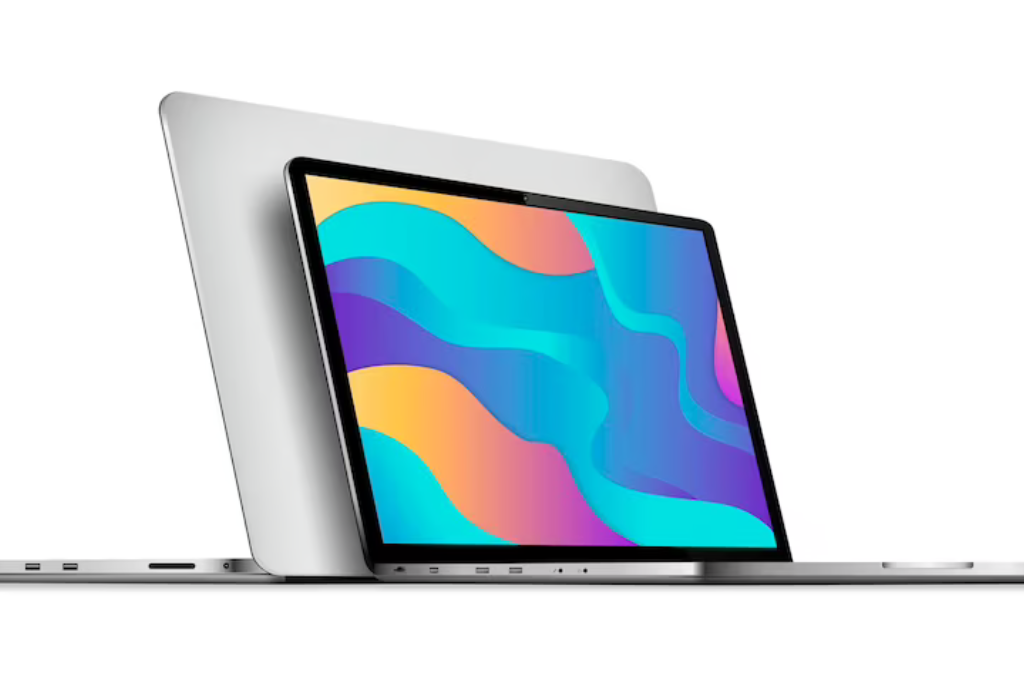Tips to Speed up your MacBook

Your MacBook will start behaving slowly sooner or later and is a common phenomenon across all aging computers. If you have brought your MacBook a few years back but maybe gazing at the Apple website, hoping that you could validate the cost of purchasing a new one. Fortunately, one does not have to empty their pocket to buy a new MacBook to experience speed. In this article we at Genius CPR – the best computer repair company in your neighborhood, will help you with some tips to improve the performance of your current MacBook.
On your MacBook some applications run in the background which can drain your battery and your system, even when you are not utilizing them. This can dramatically reduce your battery life, eat into bandwidth, and slow down your MacBook. One can identify and weed out the offending apps very easily. This is possible with a built-in utility called Activity Monitor in macOS which helps users identify system resources allocation. The Activity Monitor displays segregated tasks for CPU, Energy, Disk, Network and Memory usage.
Mac Updates are designed to optimize usage of resources and mitigate bloat to speed up your MacBook. Updating your MacBook with the latest macOS will aid it to run efficiently. Updating your macOS is quite simple. Go to the Apple Menu and click on System Preferences. About this Mac > Software Update. If there is a latest version available, then click on Update Now. You may alternatively tick the Automatically keep my Mac up-to date box to automatically upgrade to the latest versions.
The sluggish performance may be due to the shortage of sufficient storage space or RAM (Random Access Memory). For macOS to run efficiently, it is recommended you have at least 5 GB of disk space. Apart from that, deleting unwanted files, migrate occasionally accessed files such as photos and videos to the iCloud to clear space further. Upgrading your hardware can help your system run faster than before.
Freeing up your hard drive on your MacBook can have a direct influence on speed by uninstalling unused apps. Uninstalling apps is very simple. Open Finder and then go to Applications > EtreCheck. Select the Date Last Opened. Delete applications that you have not utilized in months.
Also, it is advisable to remove any internet browser extensions. Your internet browser may cause your slow MacBook performance due to many plugins and extensions installed. These small programs run in the background even while you are not actively utilizing them, thus draining your system resources.
Other pointers to speed up your MacBook include:
- Close Browser Tabs
- Turn off Visual Effects
- Reset the SMC and PRAM often
- Handle Startup Items
- Minimize Desktop Icons
Prior to commencing any process, it is ideal to back up data. It is vital that you transfer all essential files and documents to an external drive. This way you are confident that no important data is erased. Also, if your MacBook does not work properly, then bring it to Genius CPR – the best computer repair in your neighborhood. We undertake all kinds of Apple devices including MacBook repairs giving you the much-needed peace of mind.

